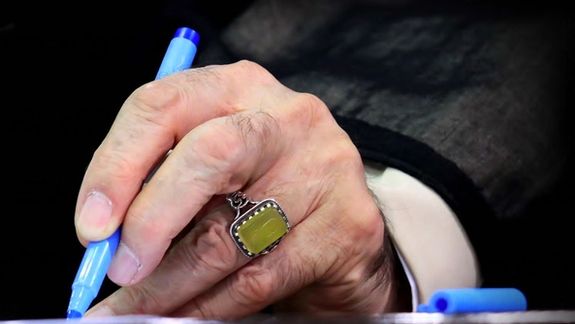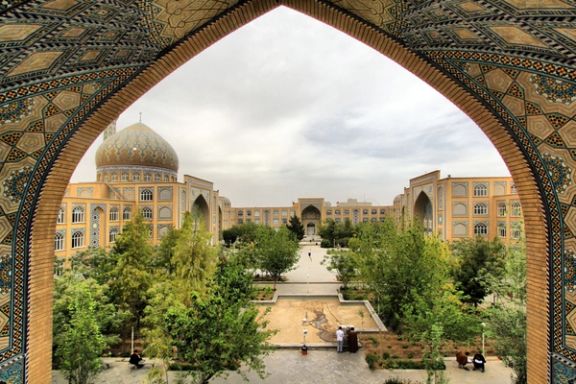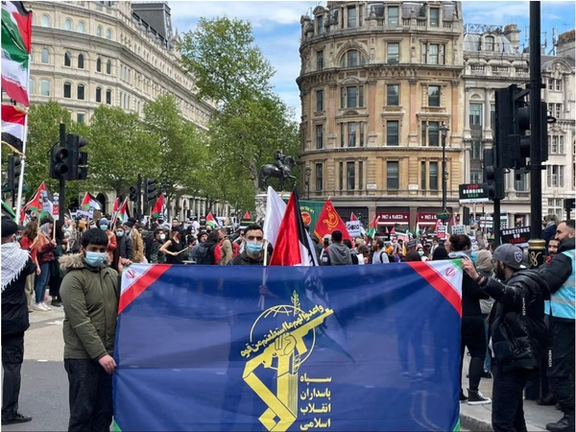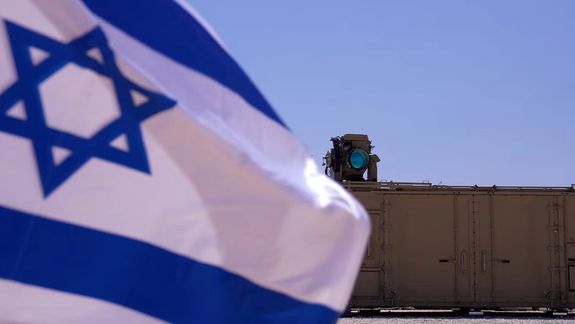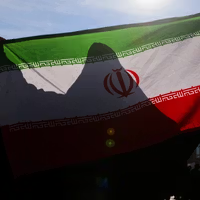“A fundamentalist group runs state TV behind the scenes,” moderate cleric and former MP Rasoul Montajabnia asserted last week, pointing to a recent broadcast that insulted Sunni Muslims. “(They) deliberately seek to sow discord among Muslims.”
On a daytime live show last week, a guest recited a derogatory poem about Abu Bakr, the first caliph of Islam. The network later issued an apology, removed the episode from all its platforms and opened an investigation.
The measures were deemed too little too late by several prominent clerics who accused the Islamic Republic of Iran Broadcasting (IRIB) of insulting religious sanctities.
Leading theologian Hossein Nouri Hamadani questioned the decisions made at IRIB. “There are many learned clerics at the seminary … It is unclear why the network invites those who make unfounded statements about Islam,” he said late last week.
At least two more prominent clerics, Hossein Ansarian and Hashem Hosseini Bushehri, weighed in on the subject, urging the broadcaster to change course.
This level of public criticism from within is rare—and significant—because the head of Iran’s state television is directly appointed by the Supreme Leader, and its political output is closely monitored by his office.
Even the IRGC-affiliated Tasnim News denounced certain broadcasts as “examples of bad taste,” leaving little choice for IRIB officials to issue rare public apologies—to viewers, authorities, and even neighboring countries.
“I do not deny there are oversights and mistakes,” IRIB chief Payman Jebelli told moderate conservative outlet Khabar Online, affirming his reverence for the clergy and their concerns.
Curiously, Khabar Online had carried an editorial alleging that “radical groups have infiltrated the national network,” and are driving the public away with their biased coverage of politics, especially the nuclear talks with the administration of US president Donald Trump.
Shortly after the second round of talks last month, state TV aired a live show in which an ultraconservative commentator warned of dire consequences including civil war if Tehran's engagement with the Trump administration continued.
“We have tried to deliver accurate news and stay aligned with the negotiators,” Jebelli told Khabar Online when asked about the show, adding IRIB backed the government in general even though some programs may contradict official policy.
Much of the criticism against the broadcaster has centered on Vahid Jalili—a senior IRIB official whose brother Saeed Jalili is the face and voice of Iran’s ultraconservatism and once led Tehran’s nuclear negotiations.
The brothers are seen by moderates as key to IRIB’s vision and direction.
The backlash against the state broadcaster, amplified by religious authorities and hardline outlets, suggests a growing divide not just between factions within the political elite, but potentially within the very institutions that project and preserve the state’s ideological authority.
“This should never have happened on a platform that’s under the leader’s supervision,” Montajabnia told Khabar Online, accusing the hardline faction of defying Ali Khamenei.
Asked if IRIB chief Jebelli could intervene to stop the broadcaster’s drive against the administration of president Masoud Pezeshkian, he said: “Only the supreme leader can resolve this.”
